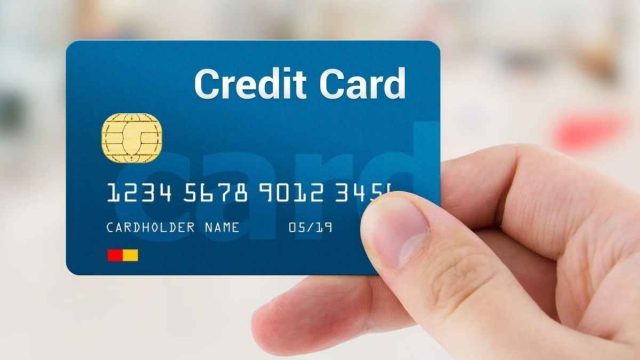Getting a credit card is an important part of adult life and will have a significant impact on your finances. Building credit over a longer period of time, and being able to demonstrate that you are financially responsible, is important. However, credit cards may not be the best choice for everyone.
Before you take out a credit card, you should decide whether or not it is the right choice for you and your personal financial circumstances. It can be a risk to take out a credit card and misuse can result in long-term negative consequences. However, starting to build a good credit history early on will help you secure the best rates when it comes to loans and mortgages.
Why should you get a credit card?
Contents
Having a credit card and using it responsibly is a great way to start building a strong credit history, which will serve you well in the future. Building good credit and in turn improving your credit score can help your chances of being approved for loans and mortgages and can help secure you the best rates.
There are also many other different benefits to having a credit card:
Finance larger purchases:
Using a credit card is a great way to make large purchases. It allows you to pay for something at the point of purchase and then pay the money back in full – you should do this on your billing date to avoid building interest.
Some credit cards offer an introductory 0% APR period. This is a great opportunity to finance some larger purchases that you may have been putting off. Make sure to pay off the balance before the promotional offer ends.
Simplify your payments
It is likely that you already have many monthly expenses, be it your phone contract, your home utilities or even a subscription service. If you charge these recurring payments to your credit card, it can help you to passively build your credit.
As long as you pay off your balance in ful at the end of each month, you can avoid interest. Automatic payments can also help you avoid late payments.
Earn rewards
Certain credit card providers offer reward programmes where you can benefit from perks such as hotel points, airline miles, discounts in certain shops or cash back on purchases. This means that you can benefit from extra value if you use your credit card sensibly.
What are the risks of taking out a credit card?
However, in certain instances, a credit card may not be the best course of action. If you have a less-than-stellar track history with managing your finances, you could incur some of the following risks.
Incurring debt from overspending
One thing that should always be remembered when using a credit card is that it is borrowed money that you will eventually need to pay back. While it can feel like free money, falling into this mentality can soon get you into a nasty cycle of debt.
Credit cards incur APR rates of up to 29% or more which can be difficult to pay off once you start to accrue interest. If you are unable to pay off the money that you are spending, a credit card might not be the best option for you.
Additional fees
In addition to interest rates, there are other fees you may accrue if you are not able to pay your full balance off on time such as late payment fees. However, there are also other fees to consider depending on your credit card provider such as annual fees, balance transfer fees or cash advance fees.
It is possible to avoid these fees by using your credit card responsibly. For example, opt to set up automated credit card payments so that you never incur a late fee.
Long term damage to your credit score
If you take out a credit card when you are not ready, you risk misusing your card and getting yourself in financial trouble. Having a high credit utilisation ratio (i.e. spending a high proportion of your available credit) or missing payments could hurt your credit score.


